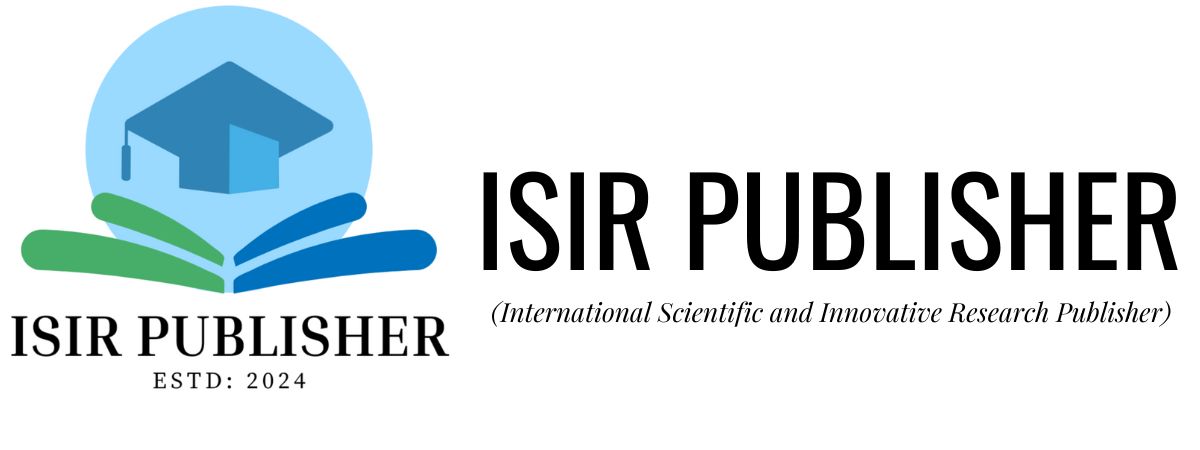General Ethical Policies:
Basis for Ethics:
- ISIR Publisher adheres to the Committee on Publication Ethics (COPE) guidelines and the International Committee of GSAR Publishers Editorial Board codes of conduct.
Responsibilities of Publisher:
- Editorial decisions are final, made based on professional judgment, free from commercial interests.
- Ensuring the integrity of academic and research records.
- Continuous monitoring of ethics by various stakeholders.
- Vigilance against plagiarism and fraudulent data issues.
- Willingness to publish corrections, clarifications, retractions, and apologies when needed.
Duties and Responsibilities of Editors:
Authority and Decision-Making:
- Editors have full authority to reject/accept manuscripts.
- Decision-making is based on professional judgment and discussion with other editors and reviewers.
Confidentiality and Conflict of Interest:
- Maintain confidentiality of submitted manuscripts.
- Preserve the anonymity of reviewers.
- Disclose and avoid conflicts of interest.
Academic Integrity:
- Preserve academic integrity and meet the needs of readers and authors.
Plagiarism and Fraudulent Data:
- Investigate and address plagiarism and fraudulent data issues.
- Willingness to publish corrections, clarifications, retractions, and apologies when needed.
Duties and Responsibilities of Reviewers:
Assisting Editorial Decision:
- Assist editors in making decisions on manuscript publication.
Confidentiality and Objectivity:
- Maintain confidentiality of manuscripts.
- Provide timely and objective comments.
- Avoid conflicts of interest.
Duties and Responsibilities of Authors:
Originality and Agreement:
- Authors must ensure that their work is not plagiarized and is an original contribution.
- Agree not to submit the manuscript elsewhere during the review period.
Full Responsibility:
- Authors take full responsibility for their submitted and published work.
Violation of Publication Ethics:
Plagiarism:
- Intentionally using someone else’s ideas or material without proper citation.
- All manuscripts are subject to plagiarism screening.
Data Fabrication and Falsification:
- Falsifying or fabricating research data or results.
Simultaneous Submission:
- Submitting a manuscript to a journal while it is under consideration by another journal.
Duplicate and Redundant Publications:
- Duplicate publication: Sharing essentially the same content without cross-referencing.
- Redundant publications: Inappropriately dividing study outcomes into multiple articles.
The guidelines emphasize the importance of ethical conduct at every stage of the publication process and provide a framework for handling ethical violations. Authors, reviewers, and editors are expected to adhere to these ethical standards.

